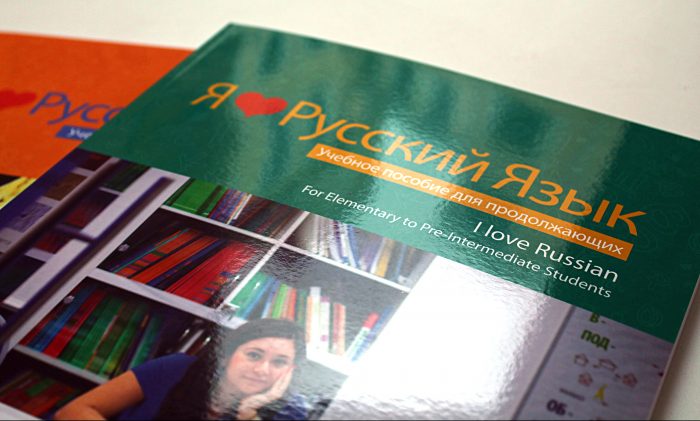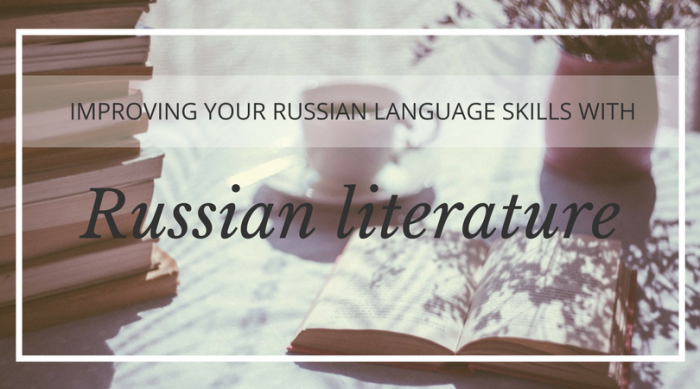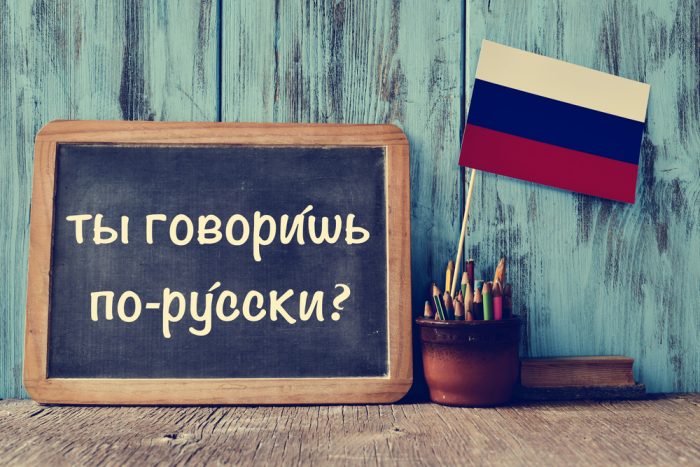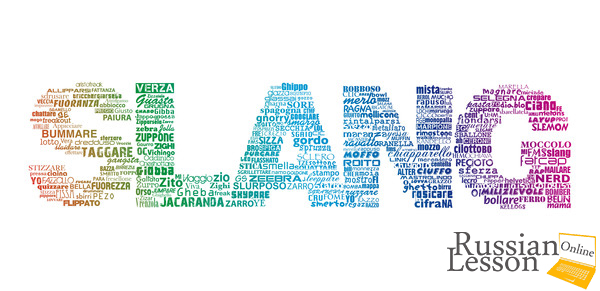
The best thing about learning Russian is probably that you will be able to communicate with locals in their mother tongue. On the one hand, you can improve your Russian skills, and on the other hand, small talk is the first step to meet new, interesting people and make friendships with them. Small talk is the art of avoiding awkward silence during a talk and very important for networking. If you are planning a journey or even a longer stay abroad, these phrases can help you to have a more authentic experience and to ease the first contact with Russians. Besides that, another purpose of this blog is to understand how Russians use small talk.
Before diving into the Russian small talk-life, always have some rules in mind whilst talking:
There are lots of topics to talk about, but be careful, there are also some you should definitely avoid, otherwise you risk putting your foot in it and the talk might be over faster than expected. Avoid: Religion, money, politics, diseases, ethnic backgrounds etc.
Здравствуйте! – Hello!
This is the general term for greeting someone. It can be used in stores, restaurants and on the street. If you already know the person better, you can you use the more informal versions “Здравствуй!”
Очень приятно – Nice to meet you!
This is a formal phrase to show that you are pleased to meet someone.
Как дела? – How are you?
Always a good first question to show that you’re interested in the opposite person’s wellbeing.
Нормально. А ты/a вы? – Normal, and you?
This Russian habit is the most common phrase when it comes to answering: “How are you?”
Спасибо, хорошо. А ты/a вы? – Thanks, fine. And you?
You’ll probably hear this phrase rarely.
Как погода? – What is the weather like?
This is a safe topic to avoid silence. Especially in Russia, where the weather can be really crazy (cold winters and rainy days in St Petersburg_ for example) – this is a good topic to warm up.
Что ты делаешь/вы делаете в свободное время? – What do you do in your spare time?
Try to find common interests and you will easily have enough material for a conversation.
За какую команду ты болеешь/вы болеете? – Which sports team do you support?
Since sport is for many an emotional topic, it’s always good topic to talk about. Either you support the same teams or different – sports definitely connect people.
Студент или ты работаешь/вы работаете? – Are you a student or do you work?
Ask this question if you want to know your conversation partner is a student or already working. With this question your conversation will definitely not run dry.
Ты любишь/Вы любите путешествовать? – Do you like travelling?
Share your experiences about travelling and ask your talking partner to which countries he has already travelled to. Talk about this topic and your conversation will surely not get boring so quickly!
Don’t worry if your conversation partner seems unapproachable and not very interested in the first moment. Russians usually don’t love small talk and are not used to it. They are direct, straight and don’t like empty words that are not seriously meant. Furthermore, it’s not common to smile too much to strangers, like in the US for example. In Russia, showing feelings and emotions is more private, so you might have the wrong impressions that Russians always look unhappy and depressed – this is wrong!
In Russia, small talk in not just a typical conversation to fill up pauses, it’s an exchange of serious and emotional thoughts. So, just give them time to get warm up a bit, and you can be sure that Russians aren’t asking out of politeness if they ask you how you are doing. After a while, I promise, you will find out that they are super helpful and open-minded people.
Other countries, other customs! Do you have your own experience of Russian small talk? Let us know in the comment section below!
Read also: 5 Useful Russian Expressions You Should Know

Students will be happy to learn that the Russian Government has today announced plans to make Russian language easier in an effort to simplify greater international engagement. …

In a previous post, we revealed that Russians don't really say “na zdarovje” when they toast. While the phrase has been popularised in English language media – and a lot of Russians will nod politely and clink glasses with you if you use it – it’s not something a native speaker would ever…

Improve your Russian while working as an expat? Mission possible! …

What could be a better way for Russian immersion than reading, especially when you read the books that you find interesting and that can give you a better idea of the culture of Russia? Co-founder of Liden & Denz, Walter Denz shares his experience on how reading Russian literature can improve your…

Learning a language is hard. Keeping it when you don't have classes is even harder. So this article is not about how to learn Russian, but how to maintain your Russian. …

Learning the Russian language can be a long, hard slog. Days, weeks, months spent poring over textbooks, attempting to understand the cases, crying over aspects, endeavouring to pronounce ы and щ. …

Many language learners desire to communicate well with native speakers of the language or those who speak it. I have always dreamt of talking more fluently and texting through social media with my Russian friends better. It is no exaggeration to say that good communication skill gives you an…

If you are already able to speak Russian, then congratulations! You are on a good way. But even if you are, let’s say, on level B2, you have probably been in situations with Russians, especially younger people, where you did not understand everything they said — either because they were speaking…